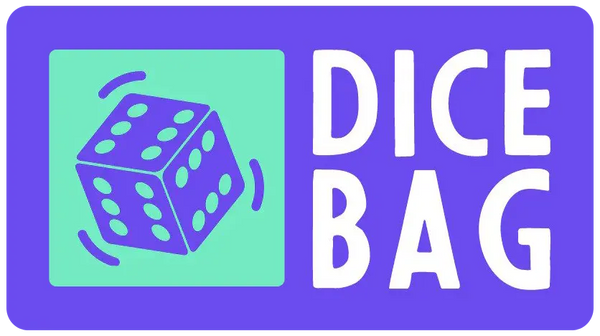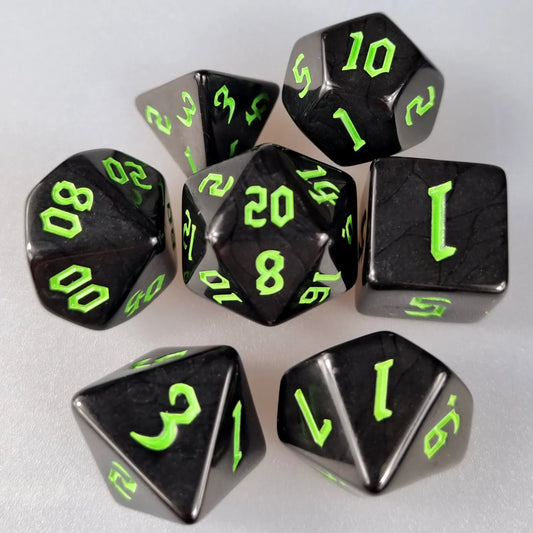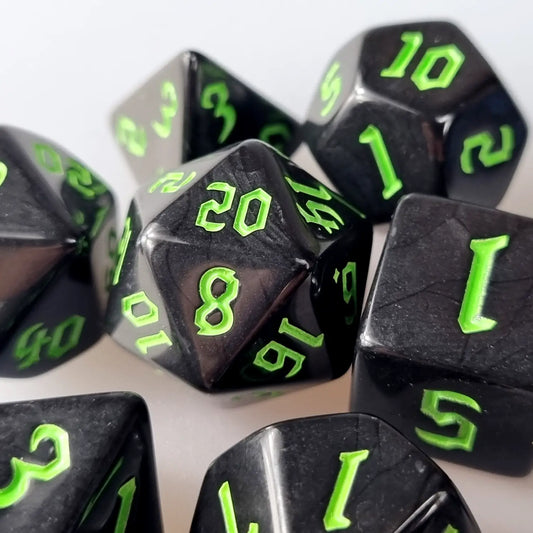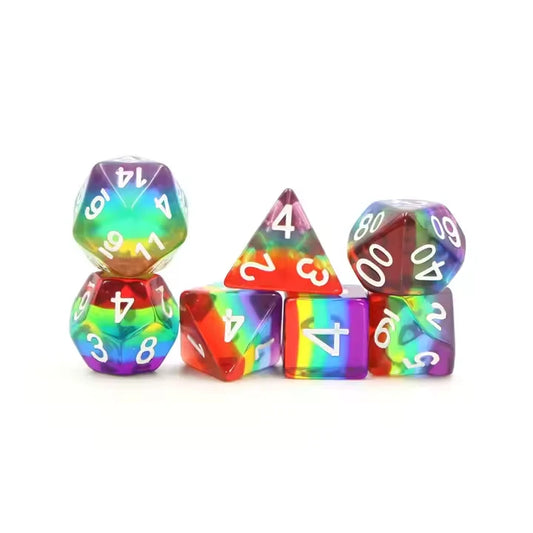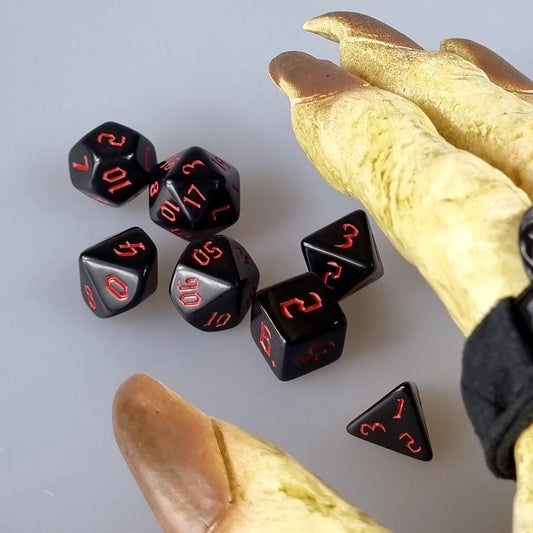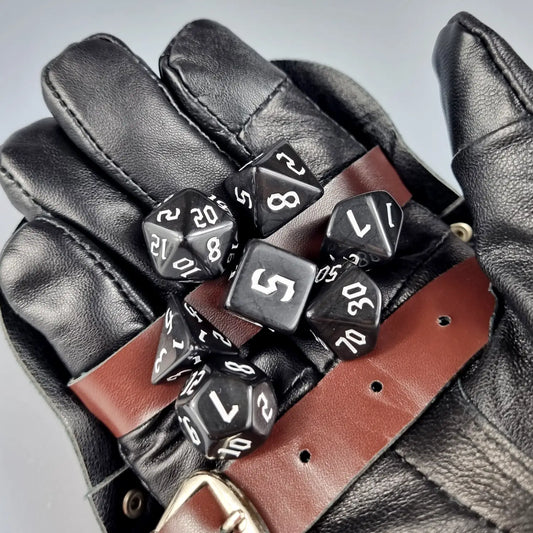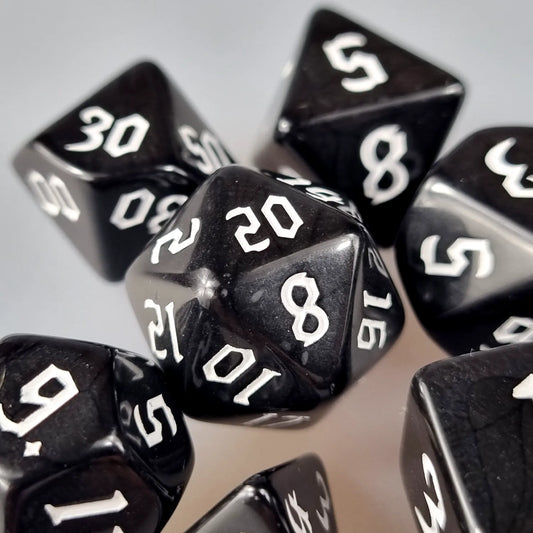
Dice are the foundation of many tabletop games, serving as a source of tension and excitement, and frequently determining victory or failure. But what happens if your dice constantly land on the wrong side of luck? In the world of tabletop gaming, there's a whimsical tradition of "punishing" misbehaving dice to improve their performance. This article explores ten light-hearted ways gamers discipline their dice for poor rolls, gathered from the anecdotal experiences of various enthusiasts across the globe.
-
The Dice Incarceration: An age-old practice among gamers is to isolate the offending dice when they consistently roll low numbers. This retribution, often referred to as "Dice Jail," involves placing the dice away from the rest, typically in a separate container or compartment. The idea is that the isolation will inspire the dice to "behave" better in future rolls.
-
Dice Freezing: In a hilarious spin on the concept of a "cooling-off period," some gamers store their misbehaving dice in the freezer. This practice, while not scientifically confirmed, is supposed to "reset" the dice's luck, increasing their performance when they are eventually removed and thawed for use.

-
The Dice Sacrificial Ritual: For some gamers, only the most drastic measures will do when it comes to disciplining dice. In these cases, they might destroy a consistently bad-rolling die as a stern warning to the others. Melting, crushing, or even burning the dice are all methods that have been reportedly used in this extreme form of discipline.
-
Dice Talks: The simple act of communicating with your dice can sometimes yield surprising results. Some gamers believe that dice respond to threats, while others swear by words of encouragement and appeals to the dice's sense of honour. This method, while bordering on the fantastical, adds an extra layer of engagement and fun to the game.
-
Dice Familiarisation: Another popular theory among gamers is that dice perform better when they are aligned with the character or game they are used for. This can involve using dice that match the character's colours or themes, or even purchasing a new set of dice for each new game or campaign.
-
Warm-up Rolls: Before the game starts, some players like to give their dice a few "warm-up rolls" to get any bad luck out of the way. This practice not only prepares the dice for the game, but also allows the player to assess how the dice are functioning that day.
-
Never Touch Another Player's Dice: In the gaming world, it is considered bad form to touch another player's dice without their consent. Many gamers believe that doing so can disrupt the dice's energy or luck.
-
Dice Charging: Some gamers like to set up their dice with the ideal number facing up before the start of a game. The belief is that the dice will be more likely to land on these numbers during the game. For added effect, the dice can be arranged in the shape of a significant symbol or pattern.
-
Dice Fame Rub: In the Fame Rub technique, a die is rubbed against the autograph of a famous gamer or personality to imbue it with good luck. The direction of the rub and the fame of the person whose signature is used can supposedly influence the effectiveness of the rub.
- Dice Food Rituals: Some gamers swear by the theory that eating can influence the outcome of dice rolls. According to this belief, dice tend to perform differently before and after meals, making meal breaks and snacking a strategic part of the game. Yum!

Tabletop gaming's charm and culture include these creative techniques of disciplining dice. It's debatable if they genuinely increase the dice's performance, but they certainly bring an added dimension of fun and involvement to the game. If you have any unique dice disciplining methods, please share them in the comments.
Remember, the most crucial aspect of any game is having fun. So, the next time your dice roll poorly, don't get irritated; instead, get inventive and get even.
